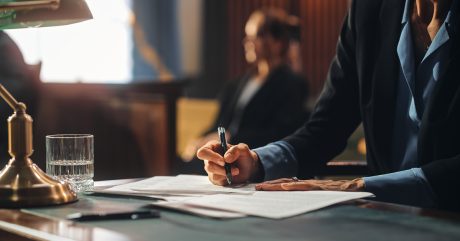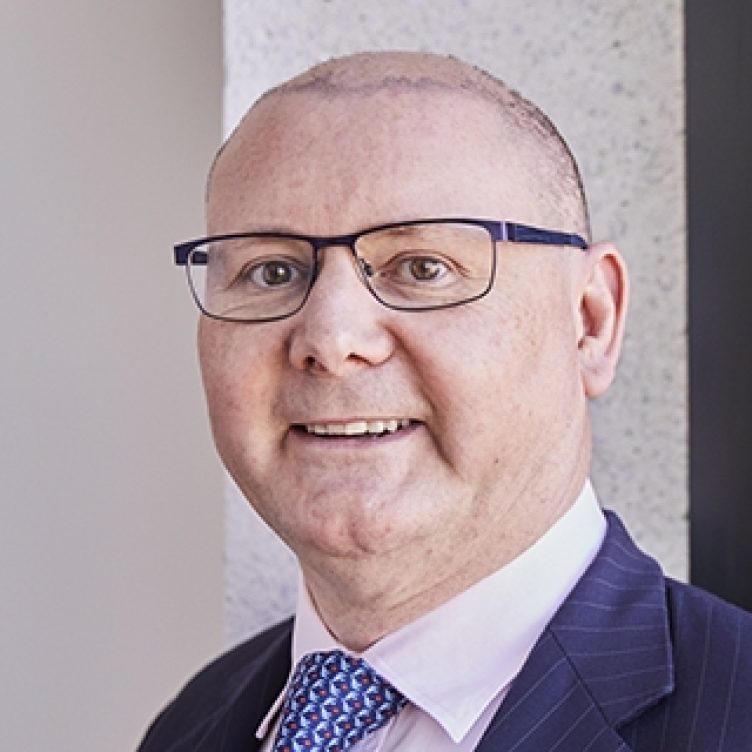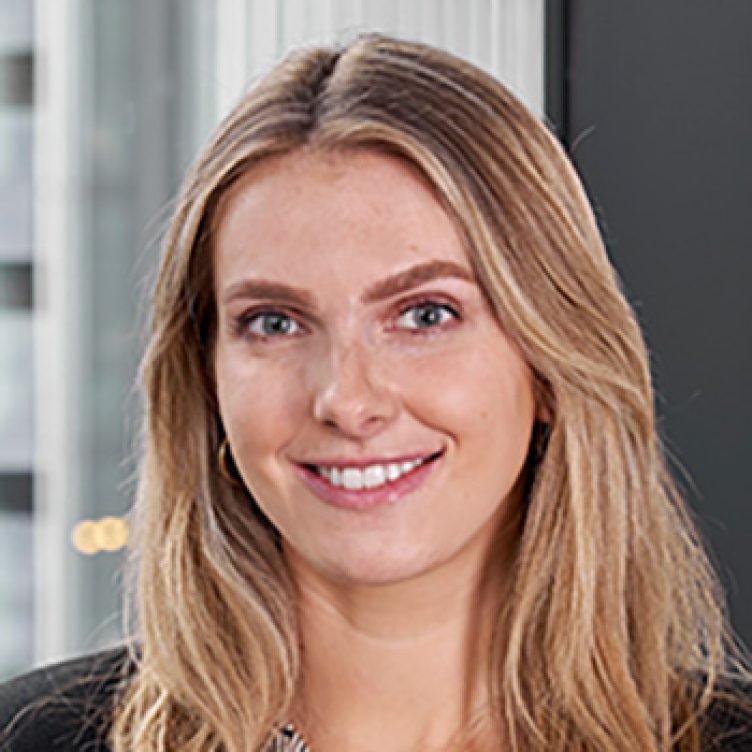A recent judgment has highlighted a key issue: how much additional evidence, if any, should be allowed post-trial, especially when a split trial between liability and quantum had been previously declined?
In this article, Francesca Bugg examines the recent judgment in ACL Netherlands B.V. (as Successor to Autonomy Corporation Ltd) v Michael Richard Lynch [2023] EWHC 1847 (Ch) (“the Autonomy litigation”). She considers the implications of the decision for case management in complex quantum cases, where it would appear that regardless of there being no order for a split trial to deal with quantum, a further hearing on quantum is likely to be necessary, if not inevitable.
Background
In May 2022, the High Court handed down a lengthy liability judgment in the Autonomy litigation. The case was of particular significance as it was the first time the merits of a claim under s90A/Schedule 10A of the Financial Services and Markets Act 2000 (“FSMA”) had been fully tried. (Section 90A and Schedule 10A of FSMA hold issuers of securities liable in respect of published information.)
Autonomy, an English FTSE 100 software company, was at the forefront of machine-learning software, and its core product, IDOL, was recognised to be “almost magical”. In 2012, it was acquired by Hewlett-Packard (HP). Shortly after this, HP announced a considerable write-down in the value of Autonomy, which it attributed to alleged accounting improprieties and disclosure failures.
The main claim was under s90A/Schedule 10A of FSMA and had a “dog-leg nature”:
- BidCo sued Autonomy (as the issuer) under s90A/Schedule 10A; and
- Autonomy sued the defendants, Michael Lynch (ex-CEO) and Sushovan Hussain (ex-CFO), for any liability for damages under (i).
This was a unique use of s90A/Schedule 10A FSMA for a merger and acquisition transaction gone wrong as opposed to the normal multi-shareholder claims in relation to misstatements to the markets.
The claimants had previously sought a split trial between liability and quantum. The defendants had resisted this, and the judge declined the request for a split trial.
Judgment
In the judgment of May 2022, the claimants substantially succeeded in their claims, with the judge indicating that a quantum judgment would follow. The judge did not feel able to determine the quantum of the claimants’ loss at that time, in part due to the following:
- The “true position” of Autonomy would have to be recalibrated to take into account the fact that HP/BidCo had succeeded in most, but not all, their claims.
- The assessment of what bid price would likely have been offered by HP/BidCo and accepted by Autonomy’s shareholders. This would have had to take into account what, in Autonomy’s true position (a) its share price would likely have been, (b) what premium its shareholders would reasonably have expected, and (c) re-calculating the synergy values in Autonomy’s counterfactual true position.
- The judge requiring more assistance on and wishing to consider further the basis and rationale of the central theme advanced at trial by the first defendant’s expert, Mr Giles, that the claimants’ expert, Mr Bezant, had adopted a flawed approach, especially as to the assessment of synergy value and the effect of the required adjustments that would be necessary to a discounted cash flow (DFC) valuation to the extent the claims succeeded.
- The judge requiring guidance on the alternative “No-Transaction scenario” (i.e. the claimant would not have purchased the shares at all had the truth been known) and the differences in the counterfactual scenarios.
New documentary evidence
The claimants submitted that the admission of any further evidence after trial should be governed by the principles applicable to any decision whether to admit new documentary evidence after the close of trial. Such principles are based on fundamental rules that (i) “parties should bring their whole case before the court” and (ii) there should be finality in litigation. They stated the defendant’s additional expert reports amounted to “naked attempts to reopen the trial wholesale”, which, as a matter of principle, should not be admitted.
On the other hand, the defendants contended that the evidence of both experts should be admitted in its entirety and directions given for a further hearing (including “focused” cross-examination) with a time estimate of five days.
Mr Justice Hildyard decided that, taken as a whole, the evidence was likely to assist him in understanding the differences between the experts in terms of their approach, which had led to a gulf between them of some US$4bn.
Mr Justice Hildyard remarked:
“If the lesson is, as I tend to think it may be, that quantum can in a complex case often only finally be decided after a judgment on liability, I do not think that lesson should tell against the present exercise simply because the trial was not split: as indicated above, it seems to me that in trials like this, two bites of the cherry may be the fairest, and sometimes necessary, approach, unless there is demonstrated to be a real likelihood of prejudice, and subject to caution given the costs consequences and the diversion of court time to the detriment of other users.”
The judge did not prohibit further argument as to prejudice or unfairness. Instead, he decided the final determination of those issues was best left to the upcoming hearing.
Directions
The judge gave the following directions:
- The experts should hold discussions to identify issues where they agree and disagree, as provided for in the claimants’ draft order.
- He would aim to prepare questions on any point on which he sought particular guidance, but some questions may follow the exchange of written submissions (with a page limit of 125 pages).
- A hearing should be set in November or December 2023, with a time estimate to be agreed but which he assumed would be five days with additional reading days for him.
Application to s90A/s90 FSMA claims
To date, there have been no judicial decisions on quantum with regard to s90 and s90A FSMA cases, and it is clear that decisions in any such cases are likely to be complex. Given Mr Justice Hildyard’s judgments and remarks, it would appear that regardless of whether there is a split trial between liability and quantum, there is likely to be some sort of split in practice with additional quantum evidence and pleadings being submitted after the liability trial.
You can find further information regarding our expertise, experience and team on our Securities Litigation page.
If you require assistance from our team, please contact us.
Subscribe – In order to receive our news straight to your inbox, subscribe here. Our newsletters are sent no more than once a month.






